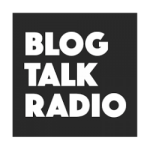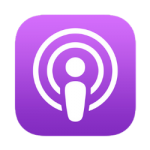Health Care
Clarifies that all testing for coronavirus (COVID-19) is to be covered by private
insurance plans (fully-insured and self-insured) without cost sharing. Coverage extends to
any services or items provided during a medical visit—including an in-person or
telehealth visit to a doctor’s office, an urgent care center, or an emergency room—that
results in coronavirus testing or screening. This coverage requirement began on March 18
(when Families First Coronavirus Response Act was enacted) and remains in effect only
while there is a declared public health emergency (as defined under federal law).
For private health insurance plans, the bill broadens the testing that would be covered
without cost-sharing beyond FDA-approved testing to include 1) tests provided by
clinical labs on an emergency basis (including public health labs); and 2) state-developed
labs.
Changes the use of health savings accounts (HSAs) paired with high-deductible health
plans (HDHPs). Allows a high-deductible health plan (HDHP) with a HSA to cover
telehealth services prior to a patient reaching the deductible. This means that telehealth
and other remote care services could be covered pre-deductible without violating federal
rules for HDHPs paired with an HSA. This provision is temporary and will sunset
December 31, 2021 unless Congress takes future action to extend or make permanent.
Inclusion of certain over-the-counter medical products as qualified expenses. Allows
patients to use funds in HSAs, Flexible Spending Accounts, Archer medical savings
accounts and health reimbursement arrangements for the purchase of over-the-counter
medical products, including those needed in quarantine and social distancing, without a
prescription from a physician. This change would apply for amounts paid or expenses
incurred after December 31, 2019.
Allows HSAs (and the similar arrangements noted above) to be used to pay for certain
menstrual care products, such as tampons and pads. These products would be treated as
qualified medical expenses for purposes of these arrangements. This change would apply
for amounts paid or expenses incurred after December 31, 2019.










